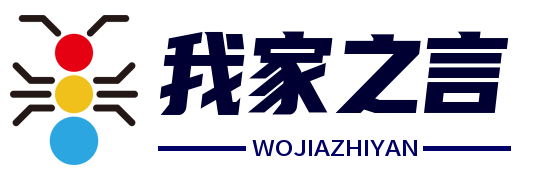The rapid advancement of artificial intelligence (AI) has been one of the most significant developments in the field of technology over the past few decades. AI has the potential to revolutionize various sectors, from healthcare to transportation, and from education to entertainment. As we continue to develop more sophisticated AI systems, it is crucial to consider the broader implications of this technology on society.
Firstly, AI can significantly improve efficiency and productivity across industries. By automating routine tasks, AI can free up human workers to focus on more complex and creative endeavors. This could lead to a more dynamic and innovative workforce. However, it also raises concerns about job displacement and the need for reskilling the workforce.
Secondly, AI has the potential to enhance decision-making processes. With the ability to analyze vast amounts of data quickly and accurately, AI can provide insights that were previously unattainable. This can be particularly beneficial in fields such as medicine, where AI can assist in diagnosing diseases or predicting patient outcomes.
Thirdly, AI can contribute to solving some of the world's most pressing challenges. For instance, AI can be used to optimize energy consumption, reduce waste, and develop sustainable solutions for environmental issues. It can also play a role in addressing social issues, such as improving access to education and healthcare in underprivileged areas.
Despite these positive aspects, there are also ethical and societal concerns associated with AI. Issues such as privacy, data security, and the potential for AI to be used in harmful ways must be addressed. Additionally, the development and deployment of AI should be inclusive, ensuring that its benefits are distributed equitably across different segments of society.
In conclusion, while AI holds great promise for the future, it is essential to approach its development and implementation with a thoughtful and responsible mindset. By doing so, we can harness the power of AI to create a better world for all.
翻译: 人工智能(AI)的快速发展是过去几十年科技领域最显著的发展之一,人工智能有潜力彻底改变各个领域,从医疗到交通,从教育到娱乐,随着我们继续开发更复杂的AI系统,考虑这项技术对社会的广泛影响至关重要。
AI可以显著提高各行业的效率和生产力,通过自动化常规任务,AI可以释放人类工作者,让他们专注于更复杂和创造性的工作,这可能导致一个更加活跃和创新的劳动力,这也引发了关于工作替代和劳动力再培训的担忧。
AI有潜力增强决策过程,凭借快速准确地分析大量数据的能力,AI可以提供以前无法获得的洞察力,这在医学等领域尤其有益,AI可以协助诊断疾病或预测患者结果。
第三,AI可以为解决世界上一些最紧迫的挑战做出贡献,AI可以用来优化能源消耗,减少浪费,并为环境问题开发可持续的解决方案,它还可以在解决社会问题方面发挥作用,例如改善贫困地区的教育和医疗保健的获取。
尽管有这些积极方面,但与AI相关的伦理和社会问题也存在,必须解决隐私、数据安全以及AI可能被用于有害方式的问题,AI的开发和部署应该是包容性的,确保其利益在社会不同阶层中公平分配。
虽然AI对未来有很大的希望,但以深思熟虑和负责任的心态来开发和实施它是至关重要的,通过这样做,我们可以利用AI的力量为所有人创造一个更美好的世界。






